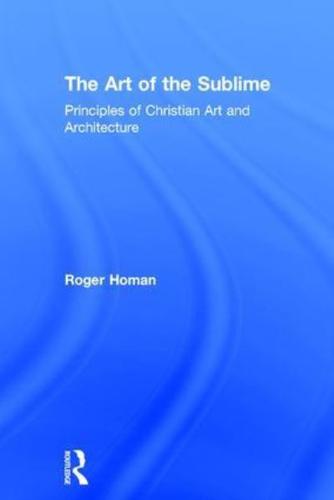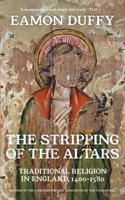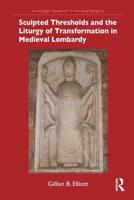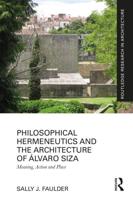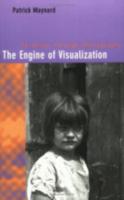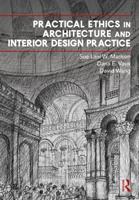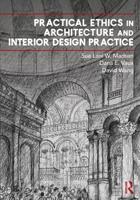Publisher's Synopsis
In the view of Hegel and others, pagan art is the art of the beautiful and Christian art is the art of the sublime. Roger Homan provides a comprehensive and informative account of the course of Christian art, encompassing a re-evaluation of conventional aesthetics and its application to religious art. Homan argues that taste and aesthetics are fashioned by morality and belief, and that Christian art must be assessed not in terms of its place in the history of art but of its place in Christian faith. The narrative basis of Christian art is documented but religious art is also explored as the expression of the devout and as an element in the trappings of collective expression and personal quest. Sections in the book explore pilgrimage art, puritan art, the tension of Gothic and Classical, church architecture and the language of worship. Current areas of debate, including the relationship of ethics to the appreciation of art, are also discussed. An extensive range of examples of painting, architecture and decoration, most of which are of European origin, are discussed throughout, with a number of striking illustrations included within the text.
